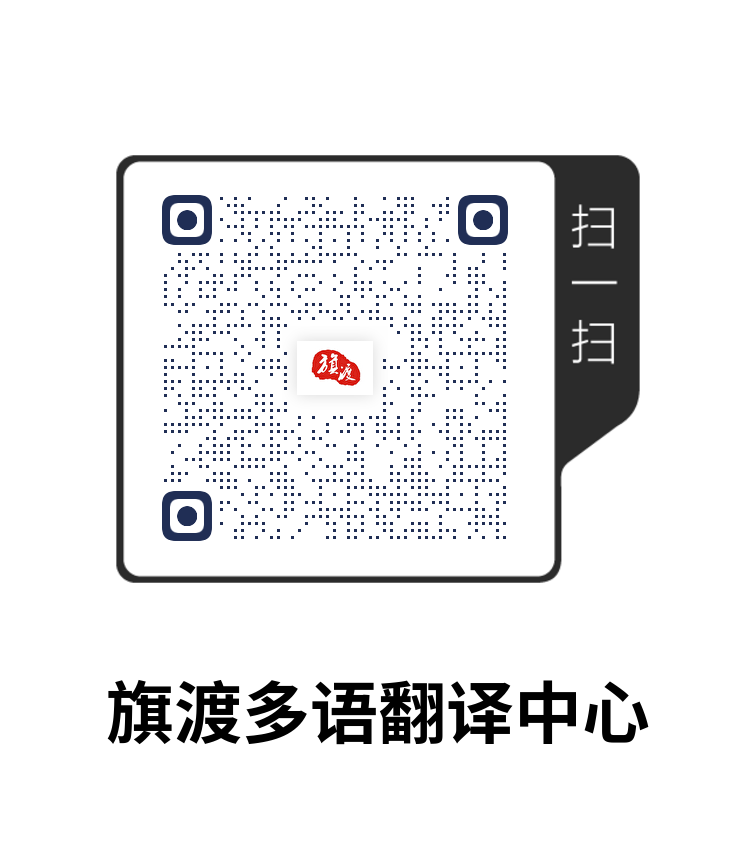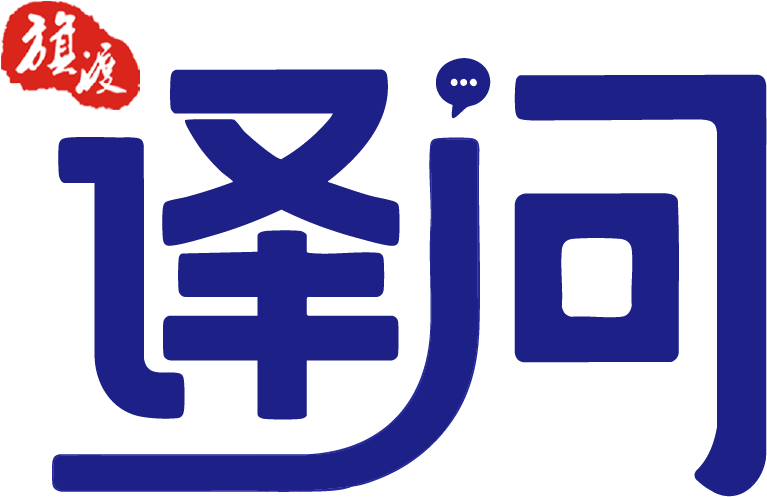tariff,customs duty,tax均指各种税,区分之前先来看一些常见搭配吧
征收关税 to impose tariffs on...; to collect custom duties; to levy tariffs
关税壁垒 tariff wall/barrier
非关税壁垒 non-tariff barrier
取消关税 to abolish/eliminate/remove tariffs
降低关税 tariff cut/reduction; lower tariffs
关税退税 duty drawback
免征关税 to be exempt from customs duties
抵销关税 countervailing duties
反倾销税 anti-dumping duties
缴纳关税 to pay customs duties
关于三者的区别,看到了一篇挺不错的英文分析,附个人翻译,供题主参考:
Taxes, duties, and tariffs are often and easily confused with one another when it comes to international shipping. Importers need to understand what they mean and what the key differences are.
Duties and tariffs are different types of taxes imposed on foreign goods. A tax is a charge imposed on a taxpayer by a government. Tariffs are a direct tax applied to goods imported from a different country. Duties are indirect taxes that are imposed on the consumer of imported goods. Tariffs and duties help protect domestic industries by making imports more expensive. Taxes, duties, and tariffs all contribute to the total import and export costs of a product.
The government imposes taxes, duties, and tariffs to increase tax revenue. The tax revenue from duties and taxes helps fund social and developmental works like education, health, and security.
What are Taxes?
A tax is a direct or indirect source of government revenue placed on almost all purchases. Taxes are primarily imposed on goods and individuals. Taxes are binding and not voluntary, so an individual is bound to pay tax, and failing to do so is punishable.
Import taxes are government fees placed on purchased goods coming into a country. Therefore, duties and tariffs are both types of import taxes. The importer usually pays import taxes. When goods have been purchased abroad, a consumption tax applies and is collected by Customs when goods enter a country.
What are Duties?
Duties are an indirect tax imposed by the government on the consumer. Duties are applied to financial transactions and commodities. Duties are considered to be an indirect tax because it is similar to a consumer tax. Duties are imposed on both goods that are imported and goods manufactured locally. This includes excise duties and Customs duties.
Duties imposed on goods manufactured domestically are known as excise duties. An excise is a type of indirect tax, so the producer or seller who pays the excise duty is expected to try to recover their loss by raising the price paid by the end-user. Excise duties are imposed in addition to other indirect taxes.
Customs duties are an indirect tax imposed by the government on a consumer who imports goods. Customs duties are collected by the government to protect local industries by raising state revenue to offset cheaper manufacturing done abroad. Customs will levy the amount of Customs duties to be paid based on the value, weight, dimensions, etc. of the imported goods. Customs duties vary by product and country of origin and are enforced by United States Customs and Border Protection (CBP).
There are different types of Customs import duties:
Basic duty
Countervailing duty
Anti-dumping duty
What are Tariffs?
A tariff is a direct tax imposed by the government paid on a particular class of imports or exports. A Tariff relates to the harmonized tariff system codes (HTS), in which imported goods are classified under. HTS codes determine the tariff rate that should be charged on specific products. HTS codes mainly apply to imports.
Tariffs can cause a price increase on goods imported into the United States. When the government imposes tariffs on imported goods, their price will increase in the domestic market. As a result of the price increase on imported goods, the quantity of that good being imported will decrease, and the supply of that product will increase in the domestic market. The result of imposing tariffs is that foreign exporters will lose, domestic producers will gain, and the government will collect tariff revenue.
译文:
在涉及国际航运时,tax、duty和tariff经常而且很容易相互混淆。进口商需要了解它们的含义以及主要区别是什么。
duty和tariff是对外国商品征收的不同类型的税种。tax是政府对纳税人征收的费用。tariff是对从不同国家进口的商品征收的直接税(direct tax)。tariff是对进口商品的消费者征收的间接税(indirect tax)。tariff和duty通过使进口商品更加昂贵来帮助保护国内产业。tax、duty和tariff都会影响产品的总进出口成本。
政府征收tax、duty和tariff以增加税收(tax revenue)。duty和tax的税收有助于资助教育、卫生和安全等社会和发展工作。
什么是tax?
tax是政府对几乎所有采购的直接或间接收入来源。tax主要针对商品和个人。tax是有约束力的,不是自愿的,所以个人有义务纳税(tax),不纳税会受到惩罚。
进口税(import tax)是政府对进入一个国家/地区的购买商品征收的费用。因此,duty和tariff都是进口税(import tax)的类型。进口商通常缴纳进口税。当货物在国外购买时,将适用消费税(consumption tax),并在货物进入一个国家时由海关征收。
什么是duty?
duty是政府对消费者征收的间接税(indirect tax)。duty适用于金融交易和商品。duty被认为是一种间接税(indirect tax),因为它类似于消费税(consumption tax)。对进口商品和本地制造的商品都征收duty。这包括消费税(excise duty)和关税(Customs duty)。
对国内生产的商品征收的关税(duty)称为消费税(excise duty)。消费税(excise duty)是一种间接税(indirect tax),因此支付消费税(excise duty)的生产商或销售商应通过提高最终用户支付的价格来弥补损失。除其他间接税(indirect tax)外,还征收消费税(excise duty)。
duty是政府对进口商品的消费者征收的间接税(indirect tax)。政府征收duty是为了通过提高国家收入来抵消国外廉价制造业的影响,从而保护当地工业。海关将根据进口货物的价值、重量、尺寸等征收应缴关税(duty)的数额。duty因产品和原产国而异,由美国海关和边境保护局 (CBP) 执行。
不同类型的海关进口关税(Customs import duties):
基本关税(Basic duty)
反补贴税(Countervailing duty)
反倾销税(Anti-dumping duty)
什么是tariff?
tariff是政府对特定类别的进口或出口征收的直接税(direct tax)。tariff与统一关税系统代码 (HTS) 相关,其中包括进口商品归类。 HTS 代码确定应对特定产品收取的关税税率(tariff rate)。 HTS 代码主要适用于进口。
tariff可能导致进口到美国的商品价格上涨。当政府对进口商品征收关税(tariff)时,其在国内市场的价格将会上涨。由于进口商品价格上涨,该商品的进口数量将减少,该产品在国内市场的供应量将增加。征收关税(tariff)的结果是国外出口商亏损,国内生产商盈利,政府征收关税收入(tariff revenue)。

